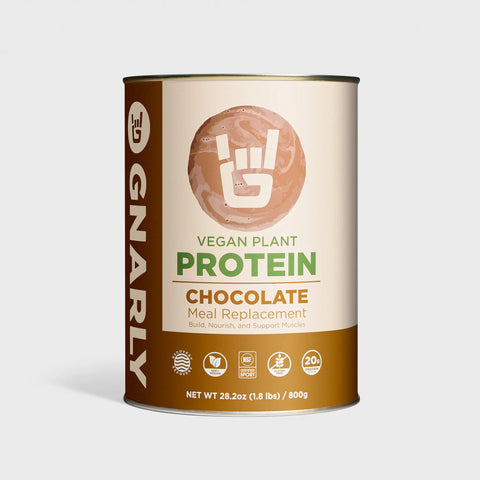What do you think of when you hear the word diet? Does being hangry (you know that constant hungry angry feeling) come to mind, or having to cut out entire food groups because it’s part of the “rules,” or feeling like you have to say goodbye to your social life because everything at the party is “off limits?”
I get that, I have heard the tone when people say “this is my diet.” But the crazy thing is the word diet literally means what you eat on a daily basis. The conflict is that oftentimes diet is coupled with crash-diet or fad-diet or yo-yo diet, and it now holds a different meaning. It now means it only lasts for a short amount of time or the benefit is (ex: weight loss) most likely temporary. These are marketed as a fast track way to get “healthier,” when really I would argue these methods fail to set anyone up for long-term success when the goal is to establish healthier eating habits.
The American Council on Exercise reports that one-third of all weight lost doing a mainstream diet is regained within one year, and most is regained within three to five years.
I am not suggesting you shouldn’t have weight loss goals. My argument is that one’s mental, emotional, and physical well being can be tied into the relationship they have with their diet and why should that just be a 30-day fix, a five day cleanse or the elimination of some food groups that actually bring joy? Below are some sustainable changes you can make to your diet that will create the balance and consistency needed to direct you towards those nutrition goals in a healthier way.
- Messing up is part of the equation: stop expecting or assuming perfection will get you to your end goal. Wake up every day greeting who you are today. Be present in how your body feels today. Today is what you are working with, so if today is not your day don’t let that define your overall success or progress.
- Change takes effort and commitment so don’t put the cart before the horse and rush the process, you will get frustrated. If you are committed the results will follow.
- Watch the calories you consume from drinks- pick 1-2 caloric drinks and then let the rest of your liquids come from water.
- Diets are NOT a one-size fits all: we are all different in our biology and lifestyle. Both sociocultural and economic factors play into our diet so do not assume what works for Bob is going to work for you. Your body’s needs are specific to so many factors so listen, and adjust your nutrition based on the biofeedback your body gives you. Example: eating dairy gives you gas… It would be a good idea to cut our dairy.

- When you drastically reduce what you eat it can be very hard to meet your nutritional needs, depriving your body of essential nutrients.
- Low-calorie diets can slow the number of calories your body burns, which can cause your metabolism to slow down. Make sure that you never eat fewer calories than are required to sustain your Basal Metabolic Rate, which refers to the number of calories you need to cover basic functions including the brain, kidney, heart, lung and nervous system.
Low calorie diets can weaken your immune system, increase your risk of dehydration, heart palpitations, and cardiac stress. So remember the focus is not just the number on the scale, internal health needs just as much attention for long-term health.
I challenge you to start shifting the tunnel vision from the number on the scale to the long-term changes you can make to sustain health, weight, and mental sanity. Focus on small sustainable changes that fit your lifestyle and remember that extreme dieting will often land you right back where you started.






